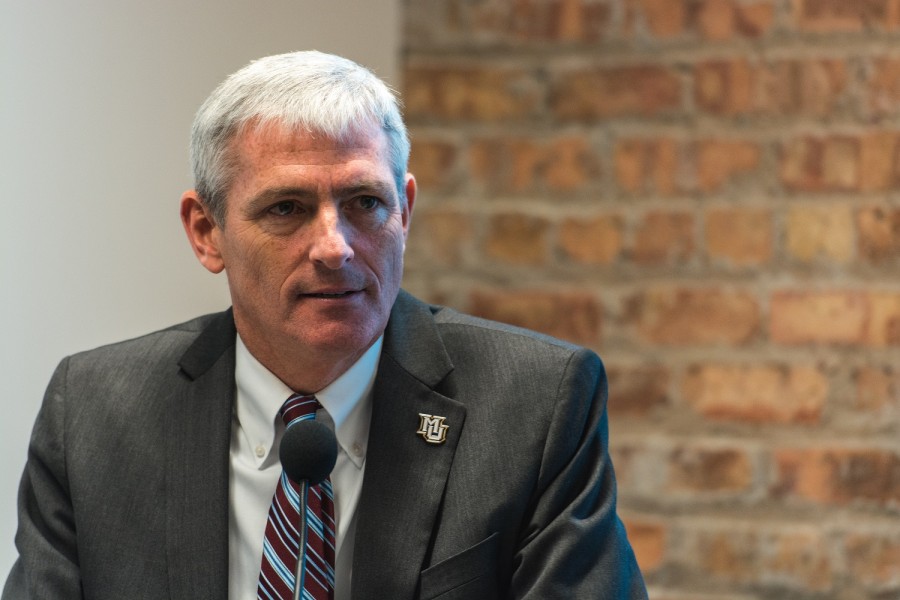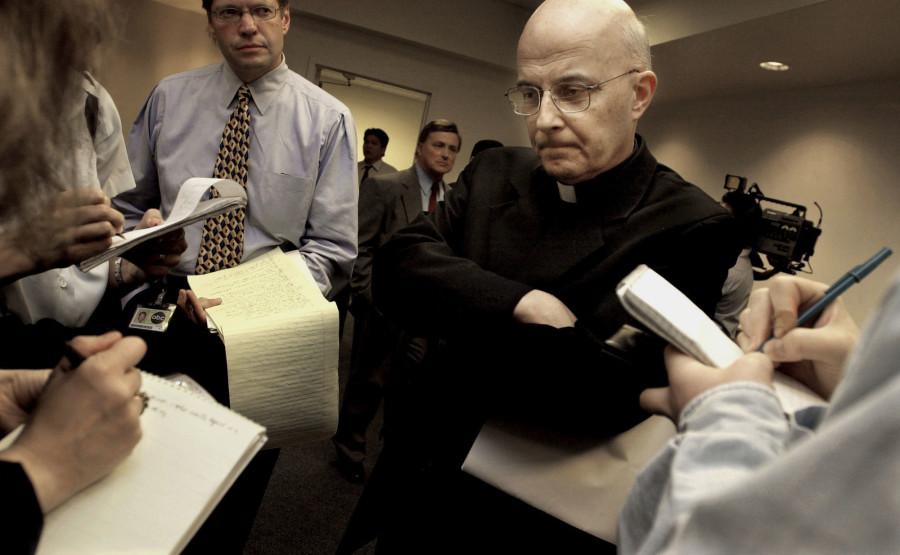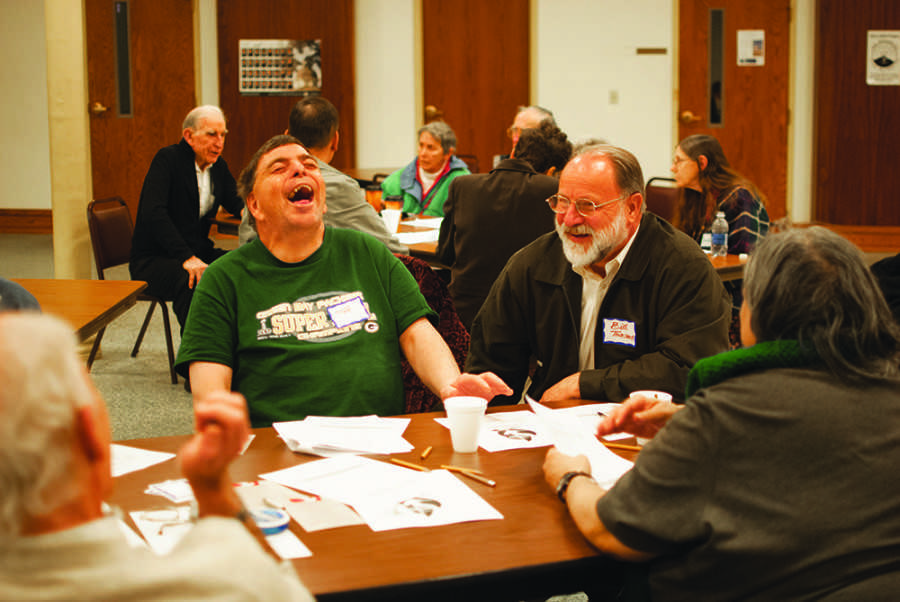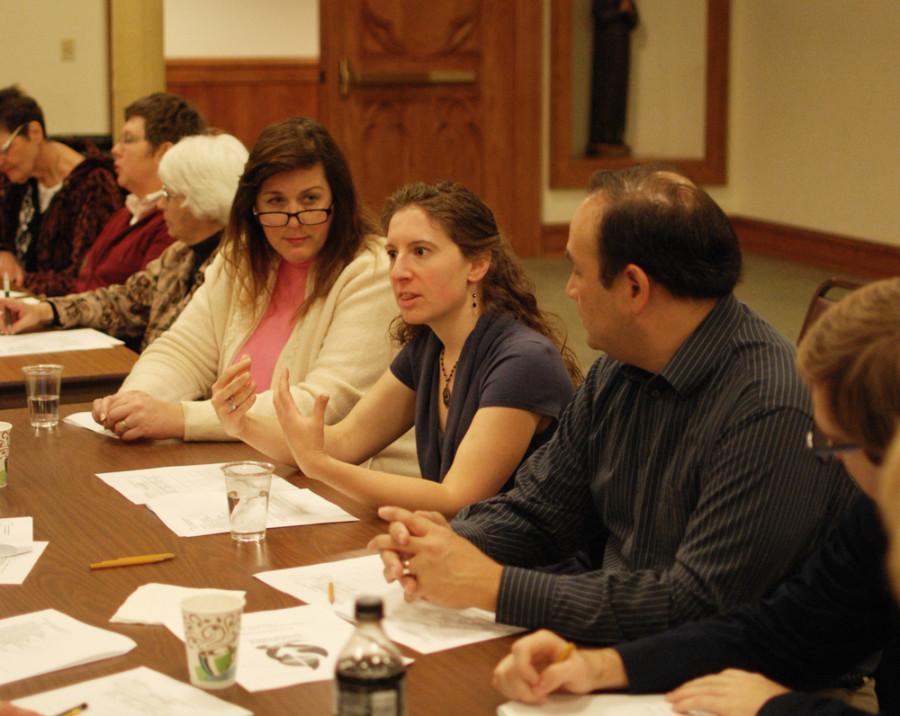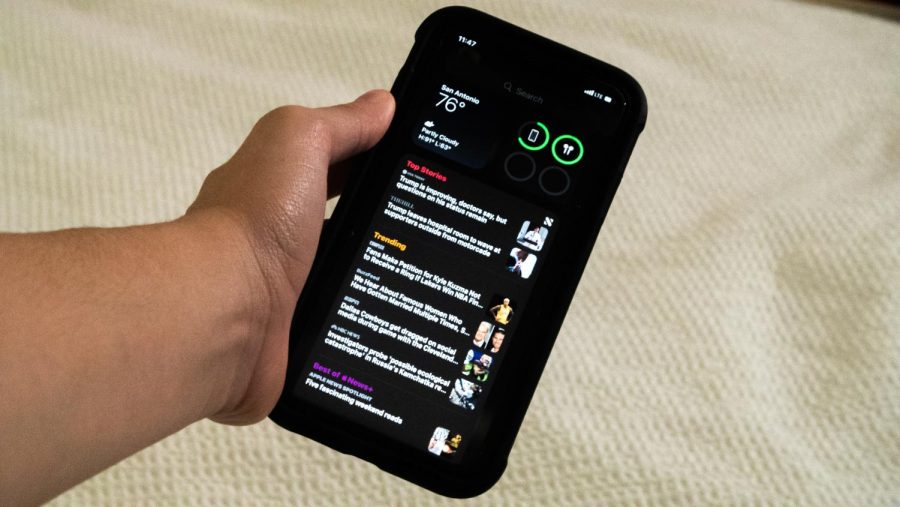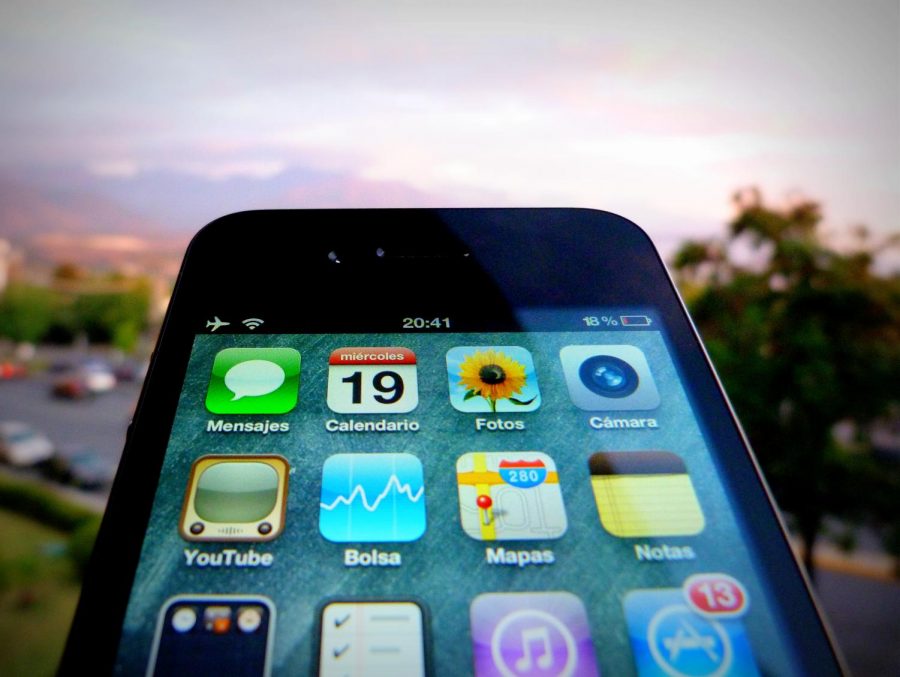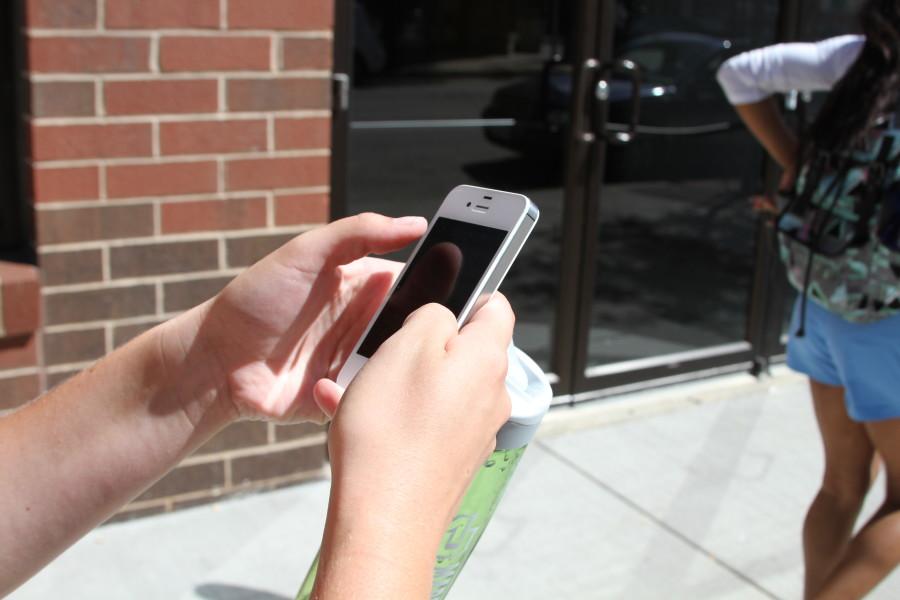
While your iPhone can’t yet walk on water or dispense communion wafers, it can help you prepare for the sacrament of reconciliation.
Confession: A Roman Catholic App, designed by Little iApps, LLC, is now available for $1.99 through Apple’s app store.
Patrick Leinen, co-founder of Little iApps, said in a press release the program “is truly new media at the service of the Word.”
“Our desire is to invite Catholics to engage in their faith through digital technology,” he said.
The application is a custom examination of conscience based on things like marital status, age and vocation. It can keep track of your last confession, and it has the ability to “choose from seven different acts of contrition,” according to the app store description. However, it’s not a genuine replacement for the sacrament of confession.
Julie Wolf, communications director for the Archdiocese of Milwaukee, emphasized this app is not a replacement for physically visiting confession booths. Milwaukee’s Archdiocese has not been promoting the app because there is no need to, she said.
However, she did say she believes it is a helpful tool for Catholics because it helps walk them through the examination of conscience.
“It is a way the church can reach out by utilizing the latest technology,” she said.
Thomas Anderson, associate director of Campus Ministry, said there are other applications available that deal with confession — Mea Culpa, iConfess and Penance — but this app is the first to earn official church sanctioning, or imprimatur.
Imprimatur is given by a Roman Catholic bishop for printed work to show there is nothing in it that is against Catholic faith or morals, according to americancatholic.org.
Confession: A Roman Catholic App has received more press than the others because of the imprimatur, Anderson said.
Barrett McCormick, political science department chair, said the application is a way for the church to reach all people who use mobile phone applications.
“If the church is going to remain alive and vital, it has to find ways to adapt to new media,” McCormick said. “This is a small step in that direction.”
Some students who grew up in the age of online technology were not as eager to learn about the new confession application.
Both David Wasser, a junior in the College of Arts & Sciences, and Rebecca Tobolski, a sophomore in the College of Health Sciences, do not fully support the application.
“I think it is a desperate stab at trying to make the church look younger,” Wasser said. “I don’t feel it is going to reach youth as much as probably liked.”
Tobolski said it takes away from the whole idea of just going to confession.
“It will take away from face-to-face interactions with the church,” she said. “It is more repentant if it is face-to-face.”
Anderson called the application a curious blend of modern technology and the same old examination of conscience, but he is not sure it will have an effect on people going to confession more.
McCormick said it is a signal the church is alive and thinking and changing, but said it probably won’t top the most popular app list.
“I do not think it will compete with Angry Birds,” McCormick said.


